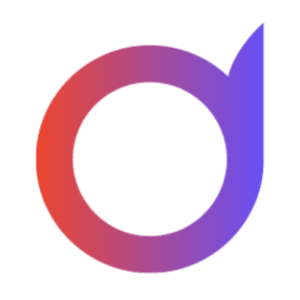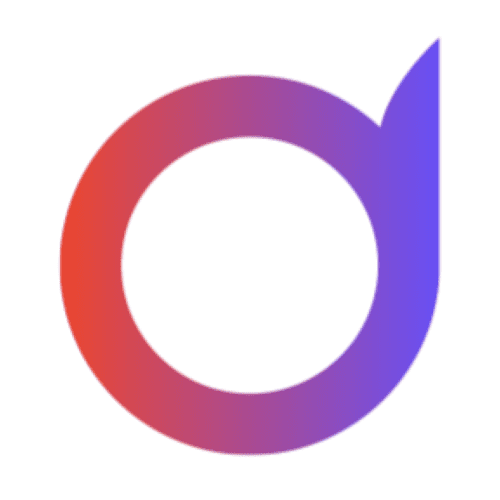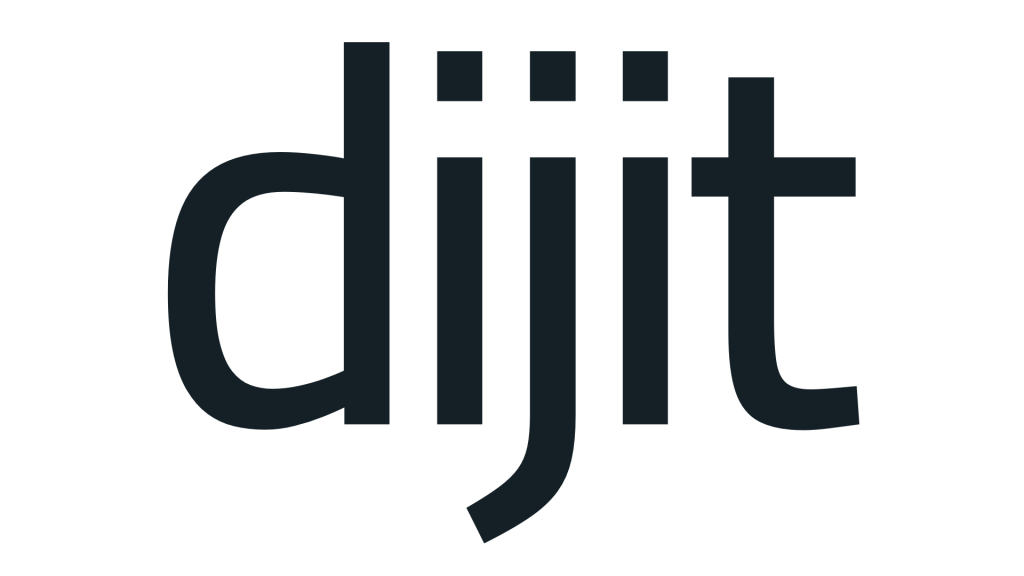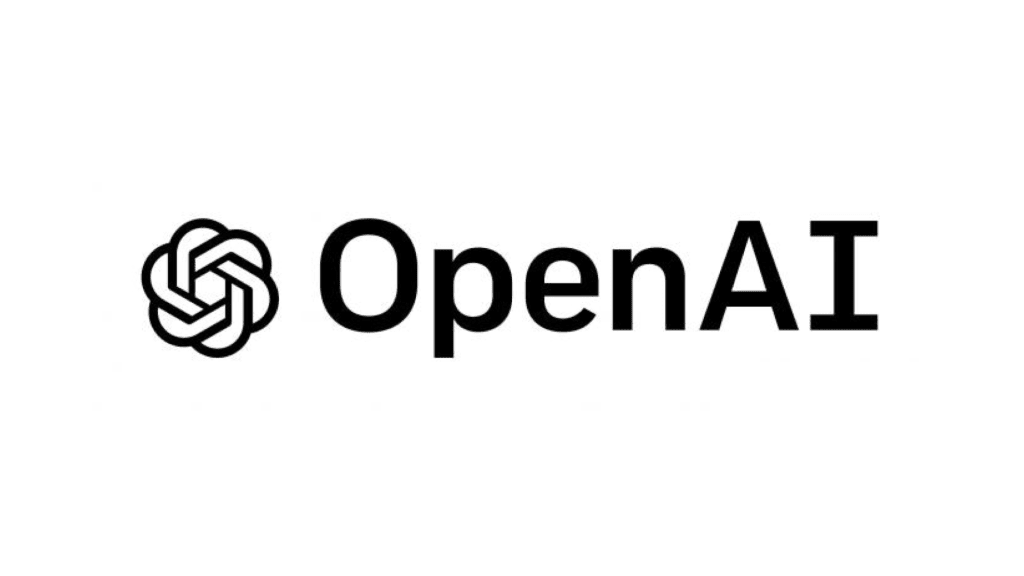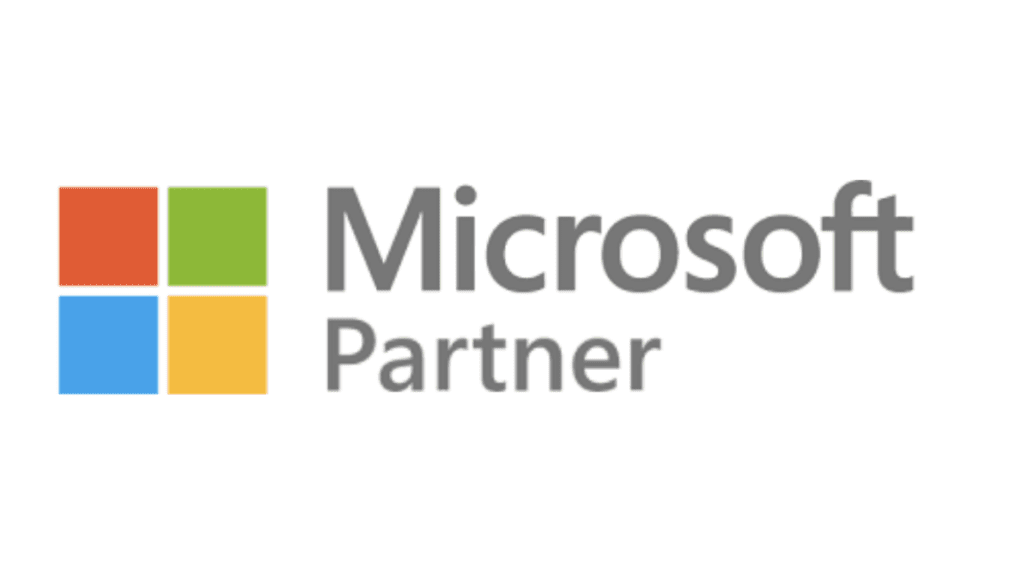Document management with
AI GPT-4o + OCR
+5 million
Pages per month
25 hours
Savings per client per month
Up to 99%
Capture accuracy
Try Dijit.app for 30 days with no obligation
Integration of medical record data:
Improve efficiency and accuracy

The Integration of medical record data is an essential component for modernizing the healthcare sector. This process not only allows professionals to quickly access vital medical information, but also improves personalized diagnoses and treatments by removing barriers in communication between different specialists. Centralizing this data significantly reduces the risk of errors, optimizes decision-making, and improves overall clinical outcomes.
Using advanced technologies such as GPT-4o AI and OCR from Dijit.app, this integration has reached a new level of efficiency. These tools make it possible to digitize, analyze and manage large volumes of clinical data quickly and accurately, transforming the traditional workflow. The combination of artificial intelligence and optical character recognition (OCR) ensures more efficient document management, freeing up time for healthcare professionals to focus on what is most important: patient care.
Table of Contents

Benefits of integrating medical record data
The Integration of medical record data with cutting-edge technologies ensures that specialists can work in a coordinated and efficient manner. By having access to a centralized database, doctors can make informed decisions based on the patient's complete history. This improves not only diagnoses, but also treatments, which are personalized according to the specific needs of each case.
1. Improved patient care
With proper integration, more effective coordination between different specialists is achieved. Immediate availability of clinical history It facilitates collaborative work and ensures that everyone involved is aligned with respect to patient needs. This reduces errors and significantly improves medical outcomes.
2. Efficiency in document management
Digitalization through AI GPT-4o and OCR has revolutionized the Integration of medical record data and document management in the healthcare sector. These tools eliminate the need for manual processes, such as transcribing information, saving time and reducing human error. OCR makes it possible to extract key data from physical or digital documents, such as medical reports, prescriptions and laboratory results, automatically and accurately.
Furthermore, AI-based systems can organize and categorize this information into accessible and secure databases. This not only streamlines the workflow of administrative staff, but also reduces operational costs by eliminating the reliance on physical storage and duplication of records. By streamlining these processes, medical staff can spend more time with patients and less time on administrative tasks.
3. Facilitation of medical research
Access to integrated data not only benefits current patients, but is also an invaluable resource for medical research. Integration of medical record data It allows researchers to analyze large volumes of data, identify patterns and discover key correlations that can lead to the development of new treatments and drugs.
AI also plays a crucial role in processing this information at a speed and scale unattainable by humans. This accelerates clinical studies and improves the accuracy of results. In the near future, these capabilities could transform the way new therapies are developed, making medicine even more effective and accessible.
Integrating medical records data with Dijit.app
Challenges in integrating clinical history data
Despite the benefits, health record data integration faces several challenges that can hinder its effective implementation. One of the main issues is interoperability between different systems. Different vendors may use different platforms, making it difficult to seamlessly and securely exchange medical information.
Interoperability between systems
One of the biggest challenges in the Integration of medical record data is to ensure that different software systems can communicate with each other. The lack of universal standards complicates the fluid exchange of information between platforms, which can lead to inconsistencies and limit the effectiveness of technological tools.
To overcome this challenge, it is essential to implement interoperability protocols that enable secure and efficient connection between existing systems. Initiatives such as FHIR (Fast Healthcare Interoperability Resources) are leading the way towards a more collaborative environment, but their adoption still faces technical and organizational hurdles in many countries.
Data security and privacy
The management of digital medical records poses significant risks in terms of security. Integration of medical record data requires advanced measures to protect sensitive patient information, which is highly attractive to cyberattacks. Ensuring privacy and complying with international regulations such as GDPR and HIPAA is crucial to maintaining trust in these systems.
Technologies such as those offered by dijit.app integrate advanced cybersecurity measures, such as end-to-end encryption and multi-factor authentication. However, it is equally important to educate medical and administrative staff on good practices to prevent security breaches. The combination of robust technology and adequate training is essential to mitigate risks.
Training of medical staff
Finally, the implementation of these systems requires a cultural change within the health sector. Many professionals may resist adopting new technologies due to a lack of training or the perception that these tools increase workload.
For this reason, it is essential to provide specific training programs that teach physicians and administrative staff how to use the platforms efficiently. Including staff in the implementation process can also increase their engagement and ensure a smoother transition to using AI and OCR in document management.

The future of medical record data integration
Emerging technology trends
The evolution of tools such as GPT-4o and OCR promises to further revolutionize the Integration of medical record dataThese technologies will enable not only smoother integration, but also unprecedented personalization of treatments. AI, combined with machine learning, will be able to predict diseases before they manifest, based on patterns detected in clinical histories.
Furthermore, automation will continue to eliminate manual tasks, allowing healthcare professionals to focus on direct patient care. These innovations will not only streamline workflows, but will also reduce operational costs in hospitals and clinics, making them more sustainable.
Improving the patient experience
For patients, the future of Integration of medical record data means faster, more accurate and more personalized care. By integrating all of your data into one accessible platform, you can actively participate in your care, reviewing your own records and communicating more effectively with your doctors.
This accessibility also fosters a closer relationship between patients and care providers, based on trust and transparency. Ultimately, these improvements not only increase patient satisfaction, but also contribute to better medical outcomes.
Implementing data integration with GPT-4o AI and OCR from Dijit.app
The successful implementation of the Integration of medical record data requires careful planning and a long-term vision. It is essential to set clear objectives from the start, ensuring that the solutions chosen align with the specific needs of each medical institution. This includes selecting tools such as those from dijit.app, which offer flexibility, security and scalability.
A key element is the thorough testing prior to the official launch. These tests not only identify potential technical flaws, but also allow the system to be fine-tuned to ensure smooth integration from day one.
Ultimately, long-term success depends on maintaining open communication among all involved. This includes physicians, administrators, and patients, who must work together to maximize the benefits of these technologies. With a collaborative and strategic approach, the Integration of medical record data with AI and OCR can transform the healthcare sector for the better.
Ready to take the leap into digital transformation?
Try Dijit.app for 30 days with no obligation
